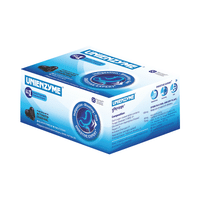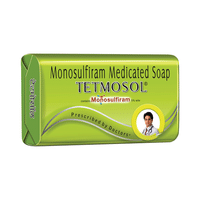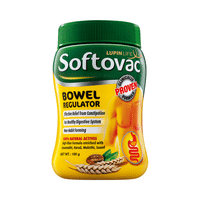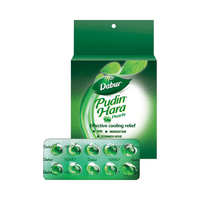Alfapime TZ 2000mg/250mg Injection

Rs.837for 1 vial(s) (1 Injection each)
food interaction for Alfapime TZ
alcohol interaction for Alfapime TZ
pregnancy interaction for Alfapime TZ
lactation interaction for Alfapime TZ
food
alcohol
pregnancy
lactation
No interaction found/established
Caution is advised when consuming alcohol with Alfapime TZ 2000mg/250mg Injection. Please consult your doctor.
CAUTION
Alfapime TZ 2000mg/250mg Injection is generally considered safe to use during pregnancy. Animal studies have shown low or no adverse effects to the developing baby; however, there are limited human studies.
SAFE IF PRESCRIBED
Alfapime TZ 2000mg/250mg Injection is safe to use during breastfeeding. Human studies suggest that the drug does not pass into the breastmilk in a significant amount and is not harmful to the baby.
SAFE IF PRESCRIBED
SALT INFORMATION FOR Alfapime TZ
Cefepime(2000mg)
Uses
Cefepime is used in the treatment of bacterial infections.
How it works
Cefepime is an antibiotic. It kills bacteria by preventing them from forming the bacterial protective covering (cell wall) which is needed for them to survive.
Common side effects
Nausea, Vomiting, Headache, Diarrhea, Increased white blood cell count (eosinophils), Injection site phlebitis, Skin rash, Increased liver enzymes, Positive Coombs test, Fungal infection of mouth, Vaginal infection, Low blood platelets, Decreased white blood cell count (lymphocytes), Decreased white blood cell count (neutrophils), Increased creatinine level in blood, Pseudomembranous colitis, Colitis, Anaphylactic reaction, Increased prothrombin time, Decreased phosphate level in blood, Increased partial thromboplastin time (PTT), Red spots or bumps, Vaginal inflammation, Redness of skin, Increased alkaline phosphatase level in blood, Increased blood urea nitrogen, Increased calcium level in blood, Increased potassium level in blood, Increased bilirubin in the blood, Neurotoxicity, Clostridium difficile associated diarrhea
Tazobactum(250mg)
Uses
Tazobactum is used in the treatment of bacterial infections.
How it works
Tazobactum is a beta-lactamase inhibitor. It works by blocking an enzyme (beta lactamase) produced by bacteria to inactivate antibiotics. This reduces resistance and enhances the activity of antibiotics against bacteria.
Common side effects
No common side effects seen
SUBSTITUTES FOR Alfapime TZ
11 Substitutes
11 Substitutes
Sorted By
 Rs. 899pay 4% more per Injection
Rs. 899pay 4% more per Injection Rs. 1299pay 50% more per Injection
Rs. 1299pay 50% more per Injection Rs. 1030pay 19% more per Injection
Rs. 1030pay 19% more per Injection Rs. 1046pay 21% more per Injection
Rs. 1046pay 21% more per Injection Rs. 786save 9% more per Injection
Rs. 786save 9% more per Injection
Expert advice FOR Alfapime TZ
- Your doctor has prescribed Cefepime to cure your infection and improve your symptoms.
- Do not skip any doses and finish the full course of treatment even if you feel better. Stopping it early may make the infection to come back and harder to treat.
- Discontinue Cefepime and inform your doctor immediately if you get a rash, itchy skin, swelling of face and mouth, or have difficulty in breathing.
- Diarrhea may occur as a side effect but should stop when your course is complete. Inform your doctor if it doesn't stop or if you find blood in your stools.
- Avoid consuming alcohol while taking Cefepime as it may cause increased side effects.
Frequently asked questions FOR Alfapime TZ
Cefepime
Q. How long does Cefepime takes to work?
Usually, Cefepime starts working soon after taking it. However, it may take some days to kill all the harmful bacteria and make you feel better.
Q. Can the use of Cefepime cause diarrhea?
Yes, the use of Cefepime can cause diarrhea. It is an antibiotic which kills the harmful bacteria. However, it also affects the helpful bacteria in your stomach or intestine and causes diarrhea. If diarrhea persists, talk to your doctor about it.
Q. What if I don't get better after using Cefepime?
Inform your doctor if you don't feel better after finishing the full course of treatment. Also, inform him if your symptoms are getting worse while using this medicine.






















